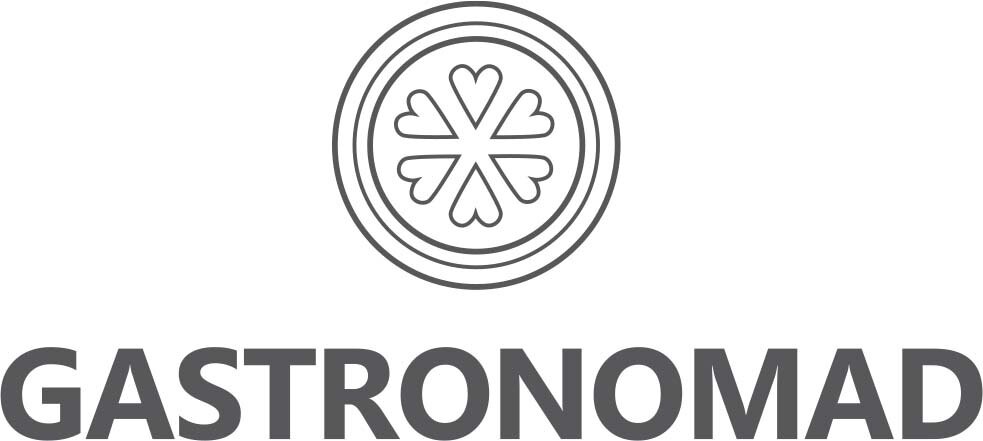The single biggest culture-shock inducing reality in Cuba is the whole Internet situation.
I wrote about the Cuban Internet in my Computerworld column today:
I'm old enough to remember life as an adult before the web existed. And I also remember when the Internet was slow and something one did occasionally, rather than constantly.
Over the past couple of decades or so, like so many others, I've grown accustomed to using the Internet for hours every day, and having an Internet connection available at all times. This reality is so integrated into our lives that we scarcely notice it.
Until we're forced to go without. As in Cuba.
Connecting in Cuba involves buying a ticket that gives you a username and password. Then you have to find a reliable WiFi hotspot, and connect while the clock is ticking. In our case, it's a mile walk to the nearest hotspot. With the exception of a tiny minority of elites, nobody in Cuba has home Internet. And no businesses can offer it -- no restaurants, cafes, cybercafes.
That means at our apartment, at restaurants, while walking around or while riding in a car, there's simply no possibility of going online. It's weird. And hard (in a first-world, entitled kind of way).
It's especially hard in a place that raises so many questions, such as: Who is that guy with Che on that giant propaganda poster? What is the exchange rate? Where was that restaurant again? And above all: Where's the nearest WiFi hotspot?
I have to do what I did in the 70s and 80s: accept ignorance, delay gratification and get used to simply being unreachable.
(Picture shows Cubans using government WiFi.)

